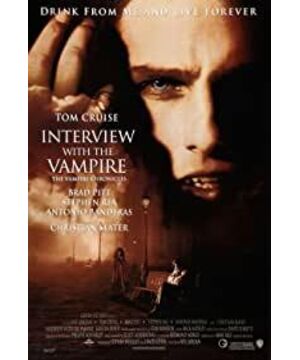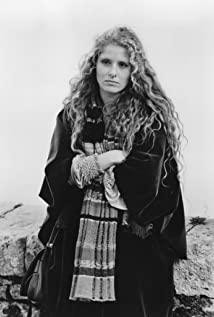"Interview with the Vampire" can be used as a metaphor, regardless of whether the writer has that meaning: Leicester from Paris turns Louis of the New World into a vampire. Lester is just having fun, but Louis tortures his origins, and finally leaves Lester to try to find answers in Paris. Armand, the oldest vampire, could not give the answer, and killed Louis's lover, trying to win Louis. Louis knew the secret of Armand's strength and beauty, but Armand could not possess the vitality and conscience of Louis. So Louis ceased to be obsessed with Armand, returned to modern Orleans, and met the old and ugly Leicester again. Lester tried to keep Louis, and Louis decided to leave. Louis followed the reporter and asked the reporter to spread his story to warn the world, but the reporter was obsessed with his power. At the end, Lester, who reproduces the beauty after sucking blood, laughs at what Louis strives to pursue. If Slater corresponds to colonial culture, Leicester corresponds to European culture, and Louis corresponds to New World culture, it fits perfectly. Checked the screenwriter Anne Rice, born in New Orleans. Who is sure she didn't hide this heart? A lot of details are worth pondering. For example, Louis thanked the technology for allowing him to see the sunrise in the cinema, while Slater was afraid of the light from electric lights for a long time, until Louis came back and told him that artificial light was not enough to hurt him. Inspired by Louis, at the end Slater started to enjoy the music of the sports car radio and made a comeback.
View more about Interview with the Vampire: The Vampire Chronicles reviews











